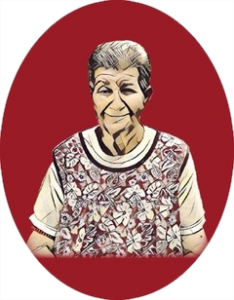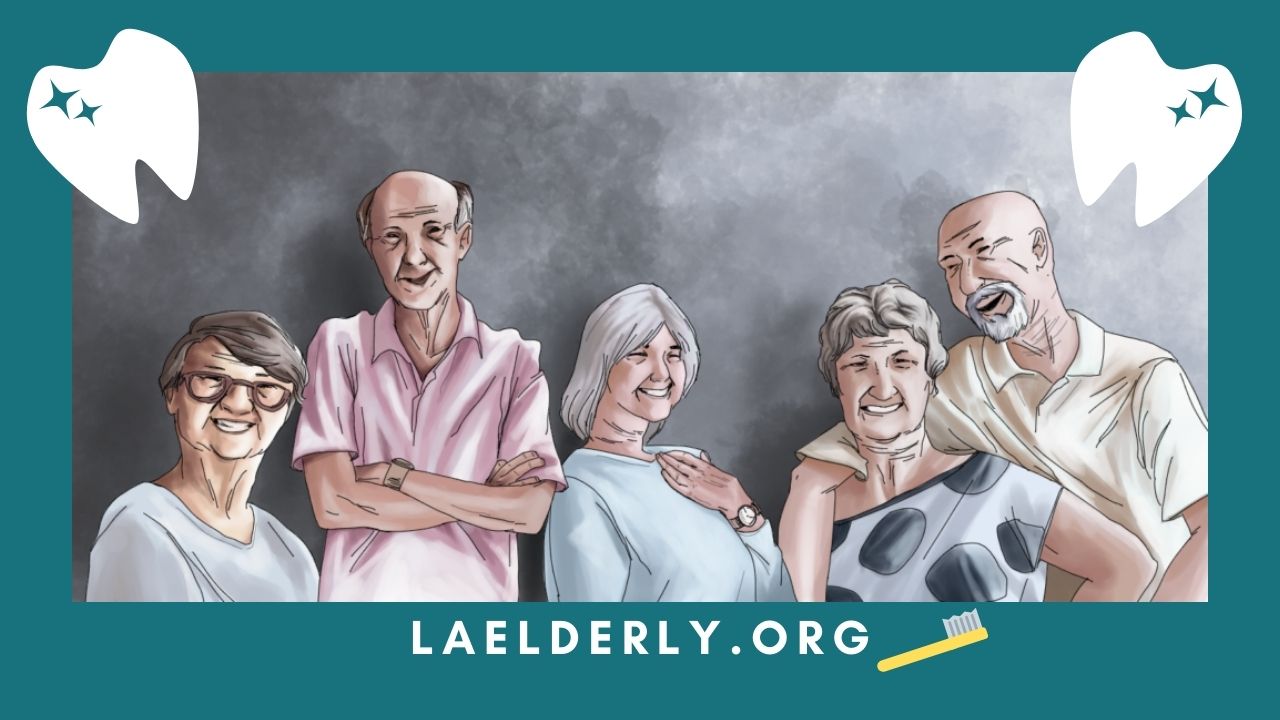Courtesy of the Alzheimer’s Association
San Fernando Valley Office
As Alzheimer’s progresses, people with dementia may forget how to brush their teeth or even why they should do so. Eating may become painful because a person’s dentures are fitting poorly, but the person may not be able to tell his or her caregiver- making regular appointments for denture fittings and check-ups may become more important than ever. Proper oral care is necessary to prevent eating difficulties, digestive problems and infections. As the aging population rapidly increases, so does the need for dental practices to be well-versed on not just dentistry amongst the elderly, but also on how to instruct caregivers on facilitating good oral hygiene for someone with dementia.
In the early stages of Alzheimer’s, dental care focuses on prevention. Getting check-ups and cleanings and flossing teeth regularly can prevent the need for extensive procedures later on, when the person with dementia may be less able to tolerate them. During the middle and late stages of Alzheimer’s, oral health may become more challenging. The person may forget what to do with toothpaste or how to rinse, or may be resistant to assistance from others. To help caregivers and their loved ones who may be experiencing dementia, the Alzheimer’s Association offers the following tips:
Provide short, simple instructions. Patients with Alzheimer’s may need their daily dental care routine broken down into steps. “Brush your teeth” by itself may be too vague. Instead, walk the person through the process. Say: “Hold your toothbrush.” “Put paste on the brush.” Then, “Brush your teeth.”
Use a “watch me” technique. Let caregivers hold a toothbrush and show the person how to brush his or her teeth. Or, put their hand over the person’s hand, gently guiding the brush. If the person seems agitated or uncooperative, postpone brushing until later in the day.
Keep the teeth and mouth clean. Very gently brush the person’s teeth, gums, tongue and roof of the mouth at least twice a day, with the last brushing after the evening meal and any nighttime liquid medication. Allow plenty of time.
If the person wears dentures, rinse them with plain water after meals and brush them daily to remove food particles. Each night, remove them and soak in a cleanser or mouthwash. Then, use a soft toothbrush or moistened gauze pad to clean the gums, tongue and other soft mouth tissues.
Try different types of toothbrushes. It may be that a soft bristled children’s toothbrush works better than a hard bristled adult’s brush. Or, that a long handled or angled brush is easier to use than a standard toothbrush. Experiment until the best choice is found. Be aware that electric dental appliances may confuse a person with Alzheimer’s.
Floss regularly. Most dentists recommend flossing daily. If using floss is distressing to the person with Alzheimer’s, try using a “proxabrush” to clean between teeth instead.
Be aware of potential mouth pain. Investigate any signs of mouth discomfort during mealtime. Refusing to eat or strained facial expressions while eating may indicate mouth pain or dentures that don’t fit properly.
Finally, help exists for both dental practices and their patients who may be navigating their newfound challenges with oral hygiene. The 24/7 Alzheimer’s Association Helpline (800.272.3900) is staffed by master’s-level clinicians who can provide answers on dental care and other areas surrounding care, support and education. Help is also available at alz.org. If you suspect a patient may be presenting with cognitive impairment we recommend referring the patient to speak with their primary physician.
The Alzheimer’s Association is the leading voluntary health organization in Alzheimer’s care, support and research. For more information on Alzheimer’s disease, contact the 24/7 Alzheimer’s Association Helpline at (800.272.3900) or contact the Alzheimer’s Association Van Nuys Regional office at 818.875.9928.

